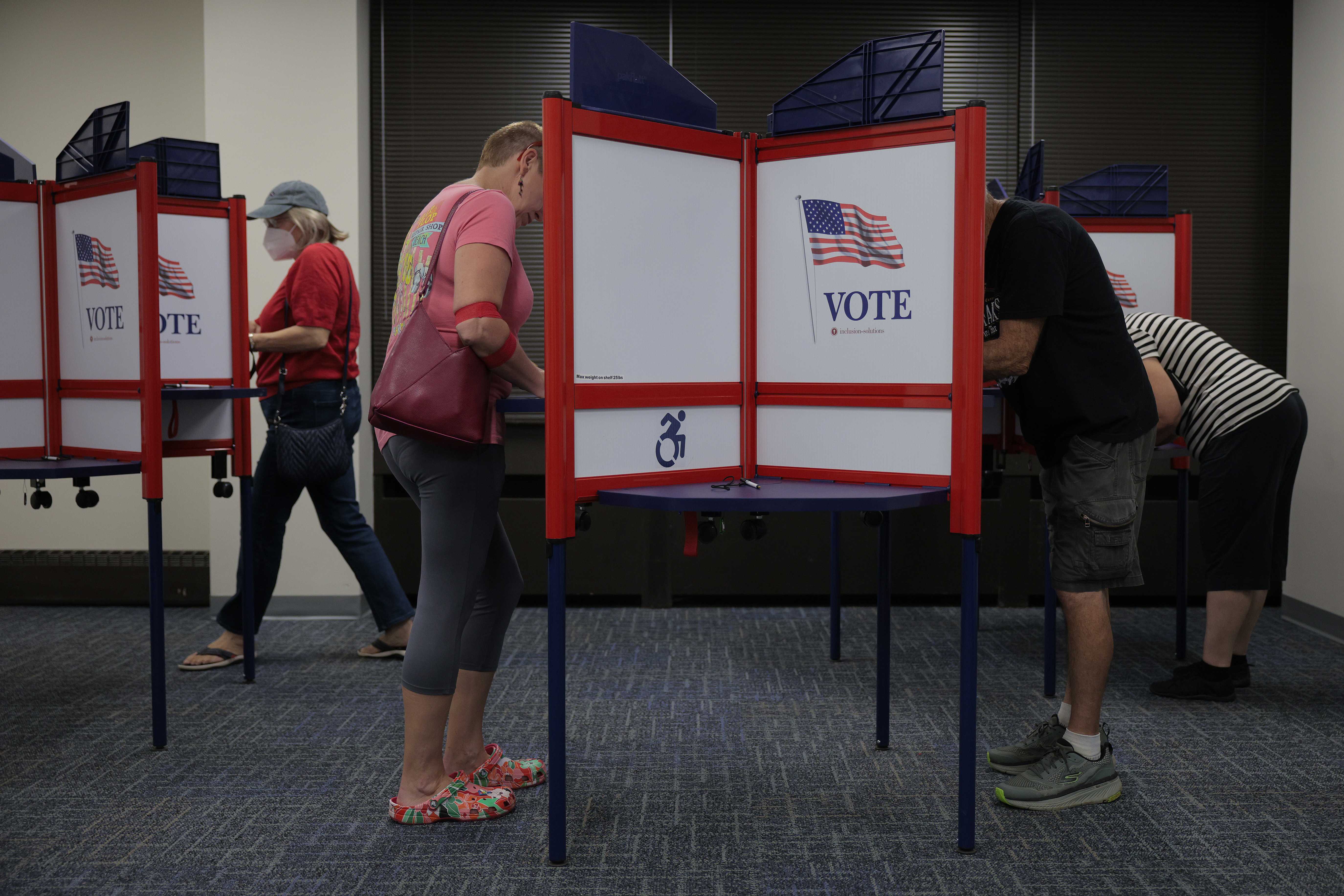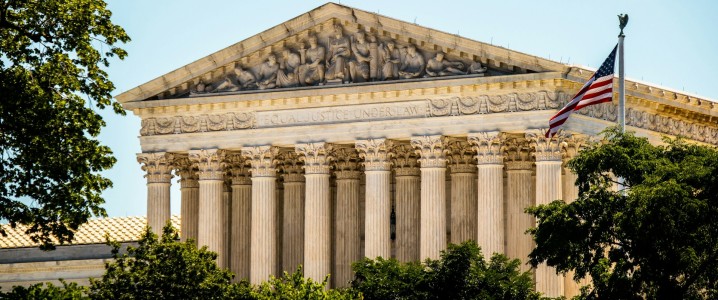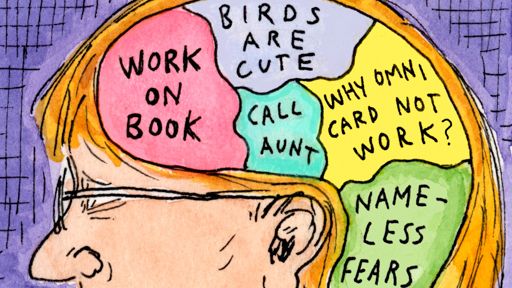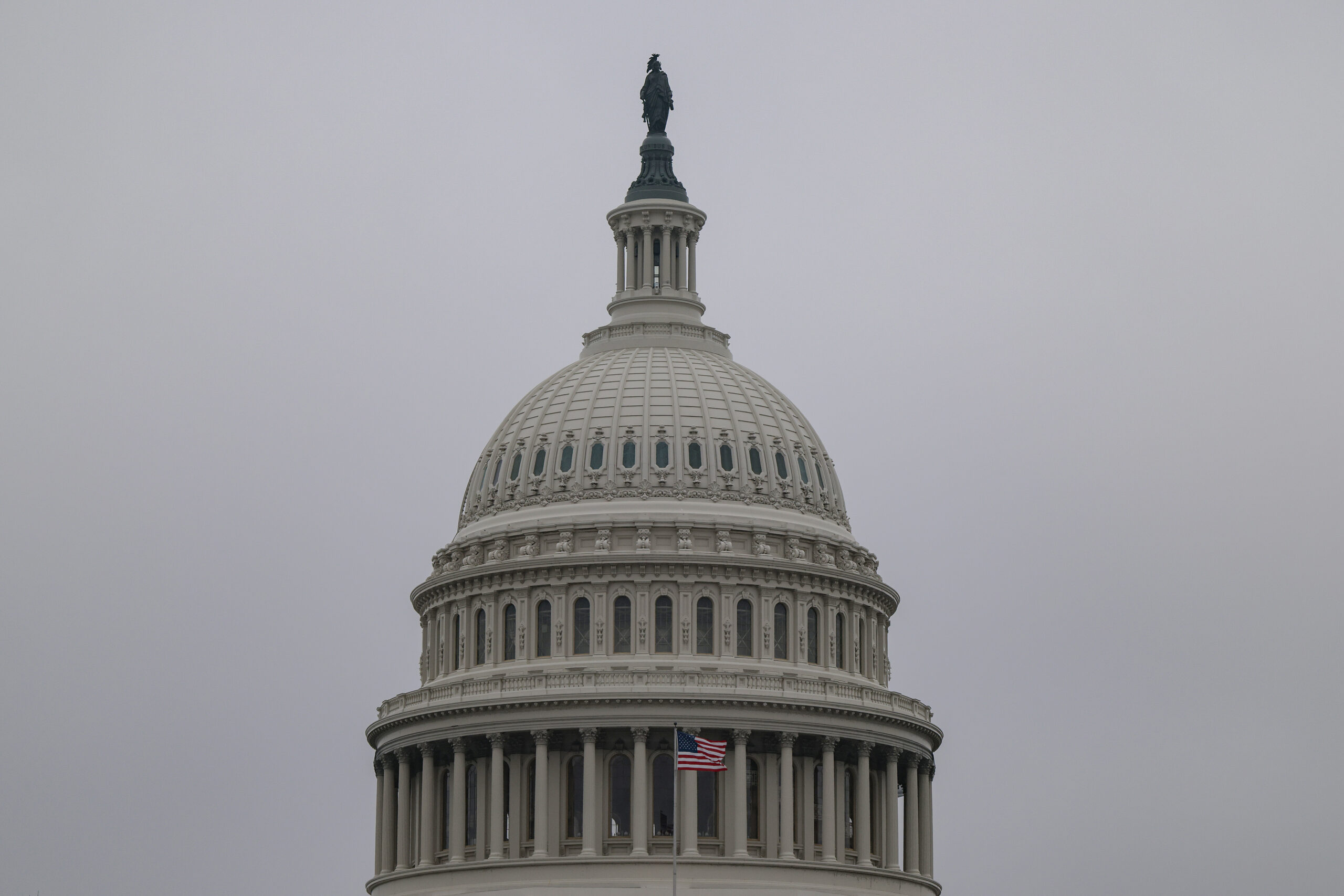The Justice Department has expanded its legal efforts by suing six more states, including New York and California, over access to voter data. Michigan’s secretary of state calls it an “illegal and unconstitutional power grab,” as federal officials refuse to reveal why they want this information.
US Justice Department sues 6 more states, including NY and California, in its quest for voter data

Key Takeaways:
- The DOJ’s lawsuits target voter data in six additional states, including NY and CA
- Michigan describes the federal demand as “illegal and unconstitutional”
- Federal officials have not addressed state concerns about the purpose of the requests
- The legal dispute centers on election security and privacy
- A broader national debate looms over the power balance between states and the federal government
The DOJ’s Expanding Lawsuit
The United States Justice Department is intensifying its legal efforts to obtain voter data from multiple states, filing new lawsuits against six more, including New York and California. The agency has underscored its commitment to enforcing federal law on voter records, though it has not publicly provided detailed explanations about its specific objectives.
State Officials Push Back
Reaction from state leaders has been swift and forceful. Michigan’s secretary of state referred to the demand as an “illegal and unconstitutional power grab,” claiming the Justice Department has sidestepped her office’s inquiries regarding precisely why it wants access to the state’s voter rolls. Other officials in the targeted states question the federal government’s legal grounds and worry about the precedent set by the request.
Legal Basis and Privacy Concerns
At the heart of the dispute are questions about federal authority over voter registration, intersecting with privacy laws that protect citizens’ personal data. While the DOJ insists it has legitimate grounds for demanding this information, officials in states such as New York, California, and Michigan point to potential conflicts with the federal privacy act and stress the importance of transparency.
Looking Ahead
As both sides remain entrenched, the lawsuits could trigger a series of “brewing court” battles that test legal boundaries and shape how voter data is managed nationwide. With significant implications for future elections and the delicate balance between federal and state power, the outcome is poised to influence major policy decisions for years to come.











